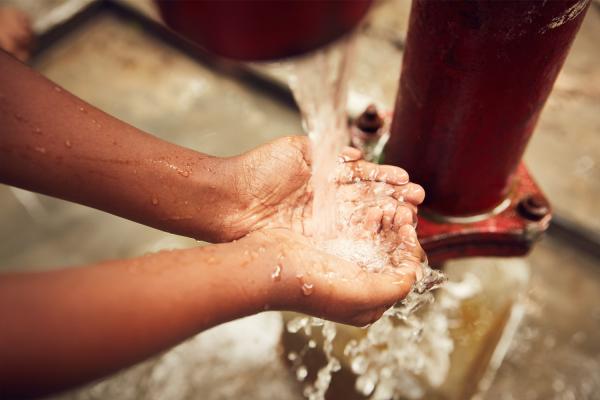
Project Goal: $0.00 Financed: $0.00 Missing: $0.00

With €2,000, we can provide a sustainable wage for the workers of the local companies, as well as travel and subsistence for the students examining existing wells for arsenic contamination in addition to the material costs for the construction of two wells.

Bangladesh, Asia





The ground water in the Ganges delta of Bangladesh is massively polluted with arsenic. This is due to natural occurence of arsenic there, it is not a man-made problem. As this fact was little known at the time of construction, many wells drilled in the 1970s are not sufficiently deep, so that now the WHO estimates there are 35 – 70 million chronically poisened people in Bangladesh. Chronic arsenic poisoning (Arseniosis) initially destroys the skin, can cause tumors to form, and finally causes death.
This problem can be sidestepped by drilling deep wells, at least 90 meters deep, that tap into deeper, non-contaminated ground water. On the basis of scientific data and analydes, the renowned professor Dr. Kazi Matin Ahmed Ahmed and his students investigate already existing fountains in rural areas. If a well pumps clean drinking water, it will be marked green, if a well pumps water contaminated with arsenic, it will be marked red and promptly replaced by a new, deeper well. Wells are built in central locations within the village, so that as many people as possible have access to them. The construction is supervised by Dr. Kazi Matin Ahmed and carried out by local companies. Afterwards, the students check the wells again for safety.
Thank you for your feedback! We'll reply on your comments as fast as possible.
